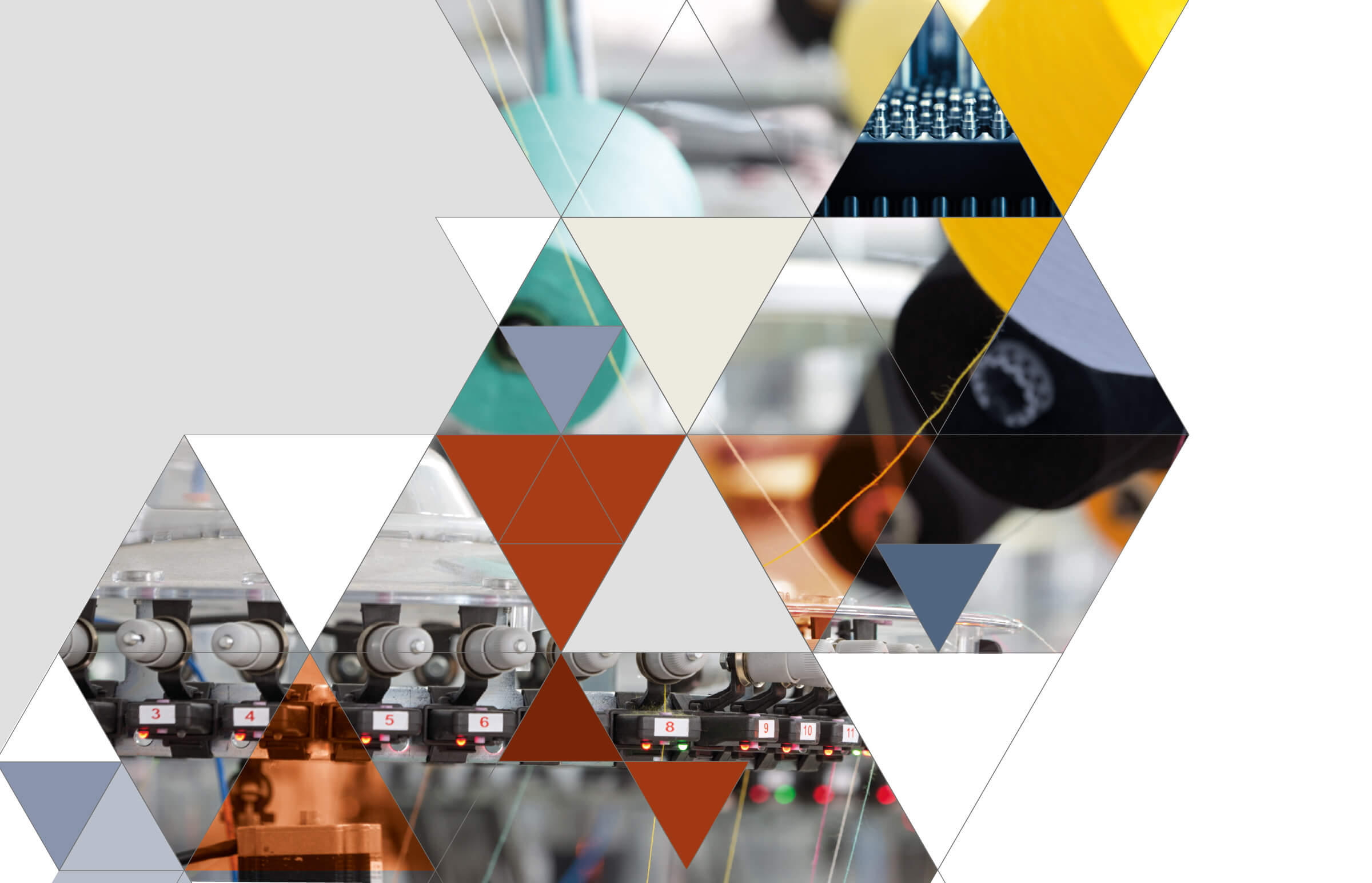 The North has always been a powerhouse, not least because of its manufacturing capabilities. It is now building on its industrial heritage, as a pioneer of all forms of advanced manufacturing.
The North has always been a powerhouse, not least because of its manufacturing capabilities. It is now building on its industrial heritage, as a pioneer of all forms of advanced manufacturing.
Advanced Manufacturing was identified in the Northern Powerhouse Independent Economic Review as one of the four prime capabilities with which the North can compete on a global stage. A range of industries across the North combine manufacturers, supply-chain businesses and higher education in a unique way.
Manchester is the birthplace of graphene and the city’s pioneering work in manufacturing using the world’s first 2D material could change the world: Manchester-based scientists have developed
graphene membranes to sieve common salts out of salty water and
make it safe to drink, an attempt to tackle global water scarcity.
 It is not just Manchester that is paving the way. In Liverpool, the Materials Innovation Factory – located at the University of Liverpool – is a £68m project that will create the highest concentration of robotics for materials science in the world. And Liverpool John Moores University’s Manufacturing Technology Centre (MTC@LJMU) already provides an innovation hub for local businesses to build and commercialise new products, access new funding streams and point them towards the potential of emerging technologies.
It is not just Manchester that is paving the way. In Liverpool, the Materials Innovation Factory – located at the University of Liverpool – is a £68m project that will create the highest concentration of robotics for materials science in the world. And Liverpool John Moores University’s Manufacturing Technology Centre (MTC@LJMU) already provides an innovation hub for local businesses to build and commercialise new products, access new funding streams and point them towards the potential of emerging technologies.
The consumer goods giant Unilever has had a major operation at Port Sunlight in Liverpool City Region since 1888. A new 6,500 sqm Advanced Manufacturing Centre facility here will house a state-of-the-art pilot plant enabling scientists and engineers to test new ideas during product development.
 Cameron Jones, Head of Unilever Port Sunlight, said: “The Advanced Manufacturing Centre will complement our existing and new facilities. Unilever has partnered with the University of Liverpool on this new facility, which has the ambition to become the world leader in computer-aided materials science.”
Cameron Jones, Head of Unilever Port Sunlight, said: “The Advanced Manufacturing Centre will complement our existing and new facilities. Unilever has partnered with the University of Liverpool on this new facility, which has the ambition to become the world leader in computer-aided materials science.”
The Rotherham-Sheffield border hosts some of the world’s leading materials and manufacturing technologies organisations, at the 100-acre Advanced Manufacturing Park (AMP). Organisations located at the AMP include the University of Sheffield’s Advanced Manufacturing Research centre, Boeing (AMRC), RollsRoyce and McLaren.
Damien Wilson, Rotherham’s Strategic Director for Regeneration and Environment, said, “The AMP’s goal is to capitalise on the advanced engineering and manufacturing expertise within the region and to further strengthen that capability in order for the region’s companies to remain globally competitive in the 21st Century.”
The North West’s first Advanced Manufacturing Research Centre, due to open Autumn 2019, is to be based at the Samlesbury Aerospace Enterprise Zone in Lancashire, with the LEP and its partners working with Sheffield University. The county remains one of the world’s top aerospace and advanced manufacturing clusters.
Academia and industry are also working in partnership in Cumbria, with new Advanced Manufacturing Centres at Furness and Carlisle Colleges – the first of their kind in the county. George Beveridge, Chair of Cumbria LEP, said, “The new centres have been designed around science, technology, engineering and maths-related disciplines, to support advanced manufacturing, nuclear and biopharmaceuticals industries – specialisms in which the North is particularly strong and which will continue to have a major impact on the UK economy.”
One of the key goals of Transport for the North’s Strategic Transport Plan is ensuring that the advanced manufacturing assets across the region are better linked by robust transport infrastructure.